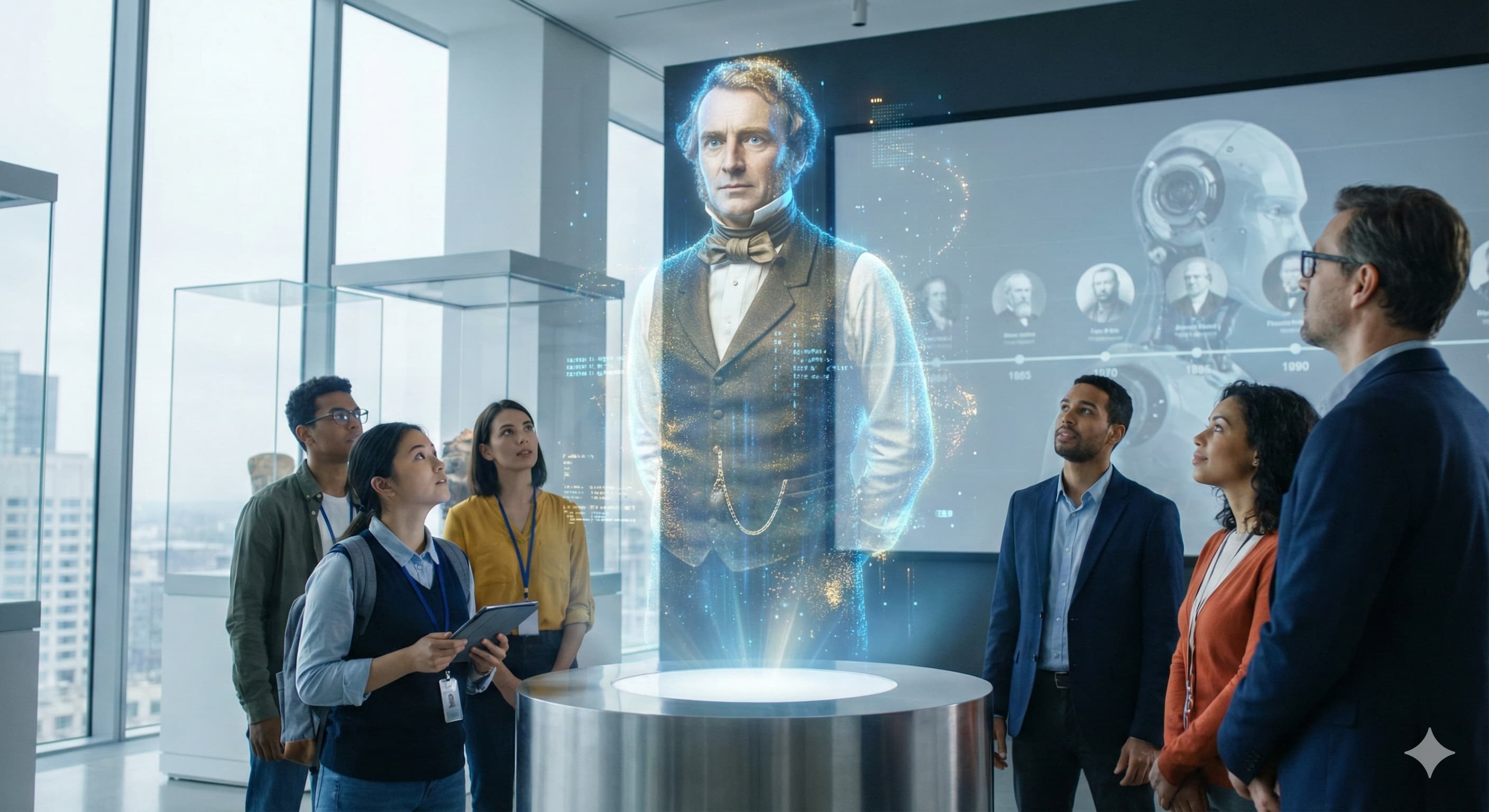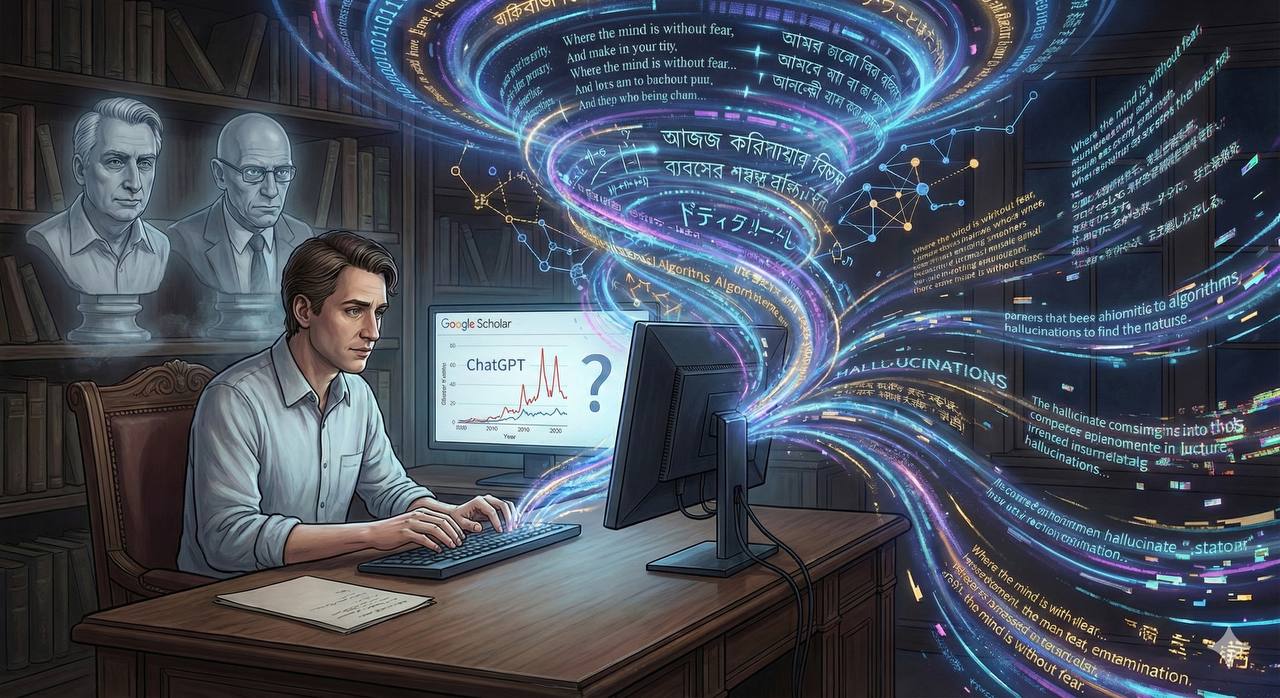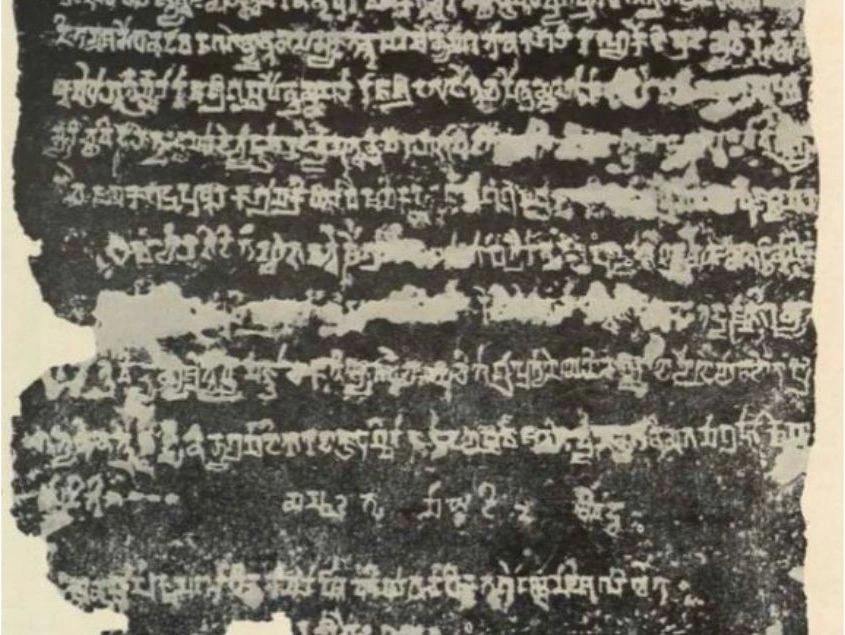The Perspective of Academic Historians on Projects Attempting to Use AI to Create The Digital Footprint of Human History
Academic Insights about AI and Digital Footprint of Human History
One of the questions that academic historians address to projects attempting to use the power of AI to create The Digital Footprint of Human History is the issue of bias.
Here's how Emily Chung (PhD student, History) formulated this question in a discussion about the historica.org project with the Cambridge academic historian community, which took place on November 30th, 2023:
“Many of us are familiar with the phrase 'history is written by the victors,' and maps have often been used as a tool for asserting control by hegemonic powers. Given this, how do you compensate for bias in the sources you are drawing from? How do you fill in the gaps without succumbing to these biases? Or if you do succumb to them, how do you acknowledge this as a problem to the public?”
This is an important issue, as the solution to it affects the trust users, especially those from the academic community, place in the results. But does this problem have a solution? Can AI create a description of human history that is absolutely perfect in the eyes of all historians?
As another discussion participant, Dr. Alexis Litvine (a Researcher at The Cambridge Group for the History of Population and Social Structure (CAMPOP)), noted, if you want to create an unbiased consecutive history, keep in mind that this contradicts the mentality of academic historians. So, if you tell them I'm going to create something where there will be no argument about, first, they will not believe that it exists, and second, they will be very afraid of the concept of that.
He further explains the intrinsic nature of historical study as a field ripe with debate and disagreement.
"As a historian, if you want to make sure that a group of historians hard stance, you tell them that you want to produce unbiased consecutive history, our discipline and the mentality what we want is disputation around an argument where two people will disagree, and knowledge will be created by this".
This insight underscores that the essence of historical inquiry is not in finding a singular truth but in exploring the multitude of perspectives and interpretations that arise from scholarly debate.
AI's Role in Historical Narratives
One approach that could be a solution is to abandon attempts to create a universally correct picture of the world. AI, with its main strength being the ability to process vast amounts of information, can become a tool for creating alternative histories. That is, AI allows us to view history through the eyes of different people, to consider the interpretation of the same events from different perspectives.
This approach aligns with the very nature of history as a multifaceted and subjective discipline. By leveraging AI, we can construct the intricacy of human history that acknowledges and includes diverse narratives. This method not only addresses the issue of bias but also celebrates the diversity of historical perspectives.
Moreover, it can open doors for a new way in understanding the past, where minority voices and lesser-known narratives find their place alongside the dominant stories. This multifaceted approach could revolutionise how we engage with history, making it a more inclusive and representative discipline.
Another approach could involve using AI to create maps and other layers of information that describe human history by analysing all available information about a specific period. This means utilising a broader dataset than just the perspectives of an Austro-Hungarian or British cartographer. An AI-based approach, grounded in a wider dataset, may offer a narrative that differs from these individual viewpoints. It doesn't claim objective truth but provides a platform for discussion.
In conclusion, the journey towards an unbiased 'Digital Footprint of Human History' is not about achieving a singular, definitive history, but about exploring the vast array of human experiences and perspectives. AI, in this respect, becomes not just a tool for data processing, but a means to facilitate a more inclusive and dynamic dialogue about our past. By embracing the diversity inherent in historical study and leveraging AI to present multiple viewpoints, we can enrich our understanding of history, making it a more comprehensive and representative field. This approach, embracing both the strengths of AI and the critical eye of the historian, could very well redefine our engagement with the past, transforming how we perceive, interpret, and learn from history.









